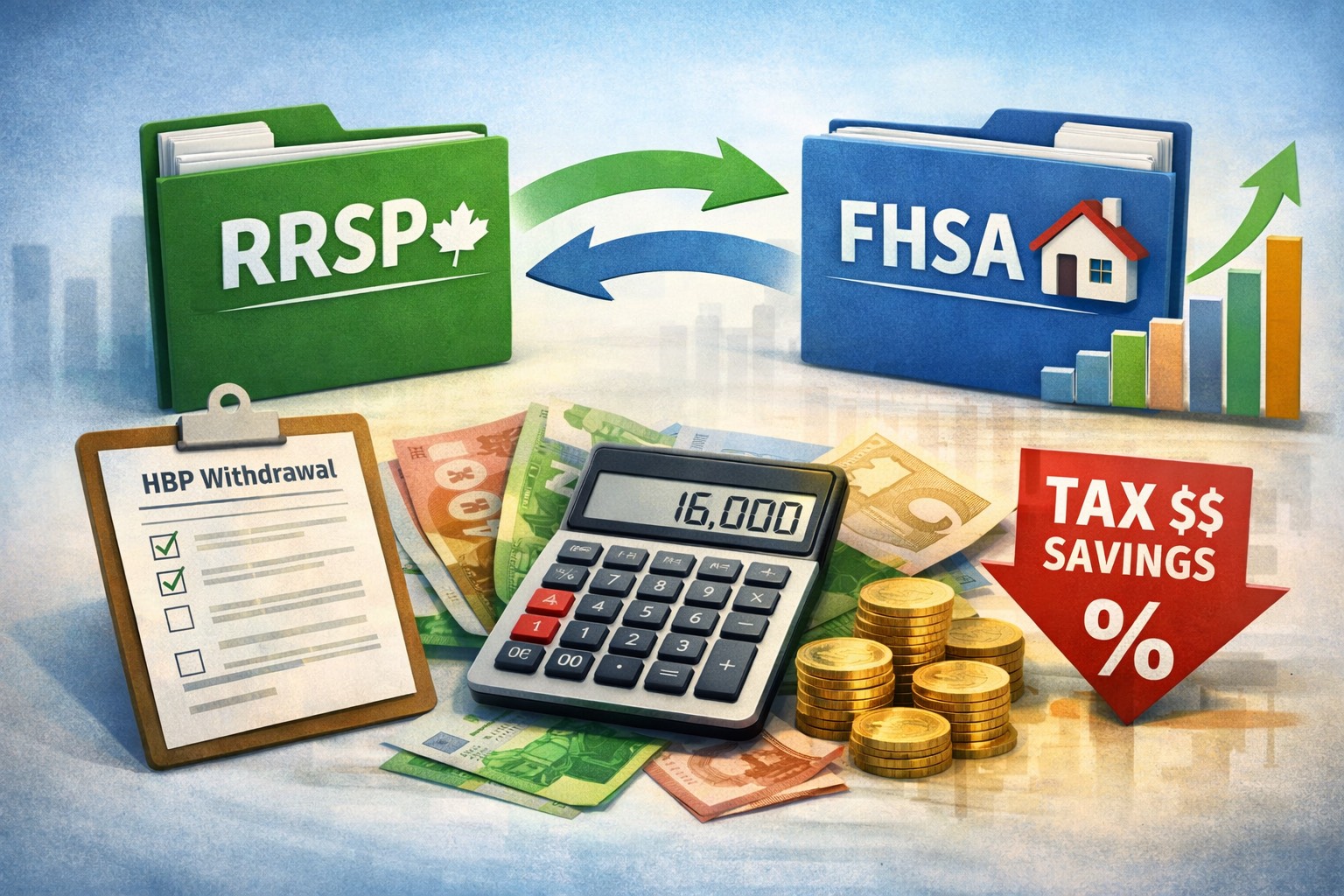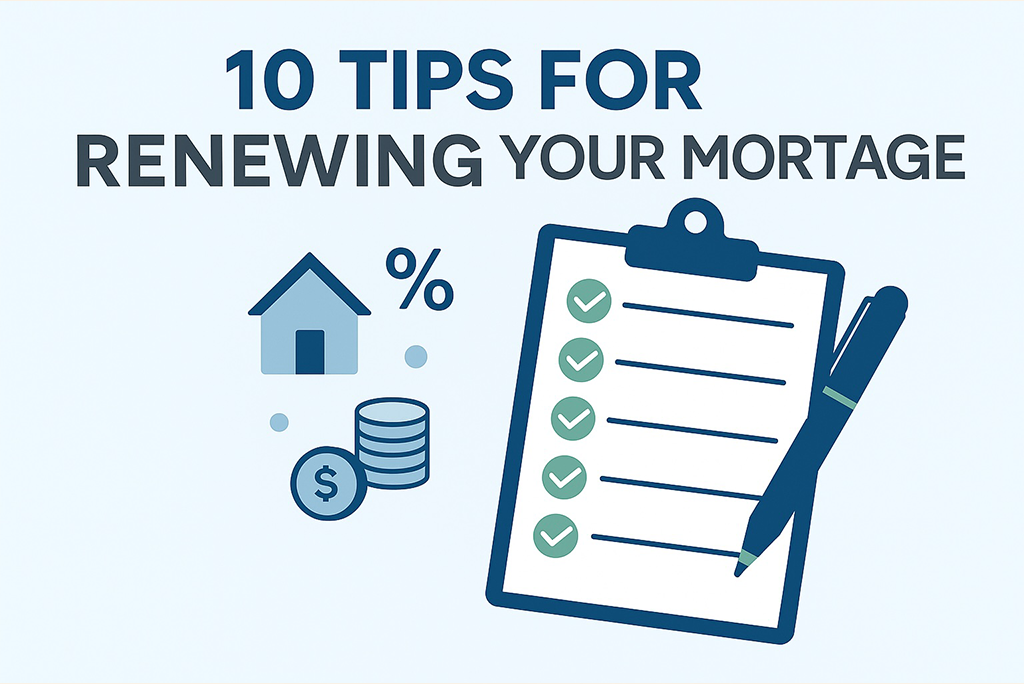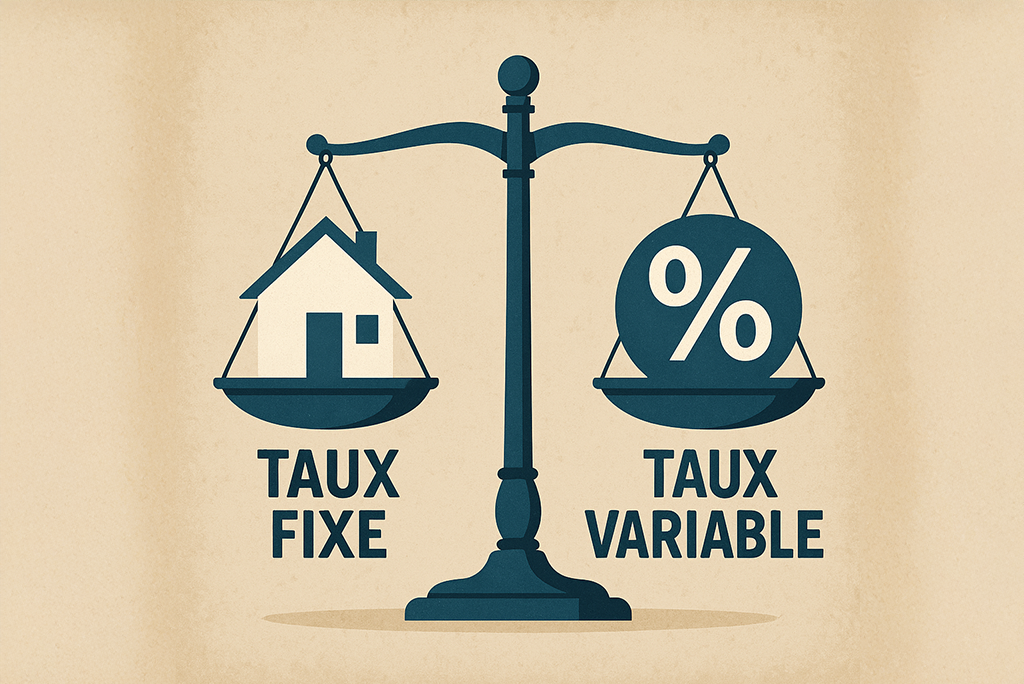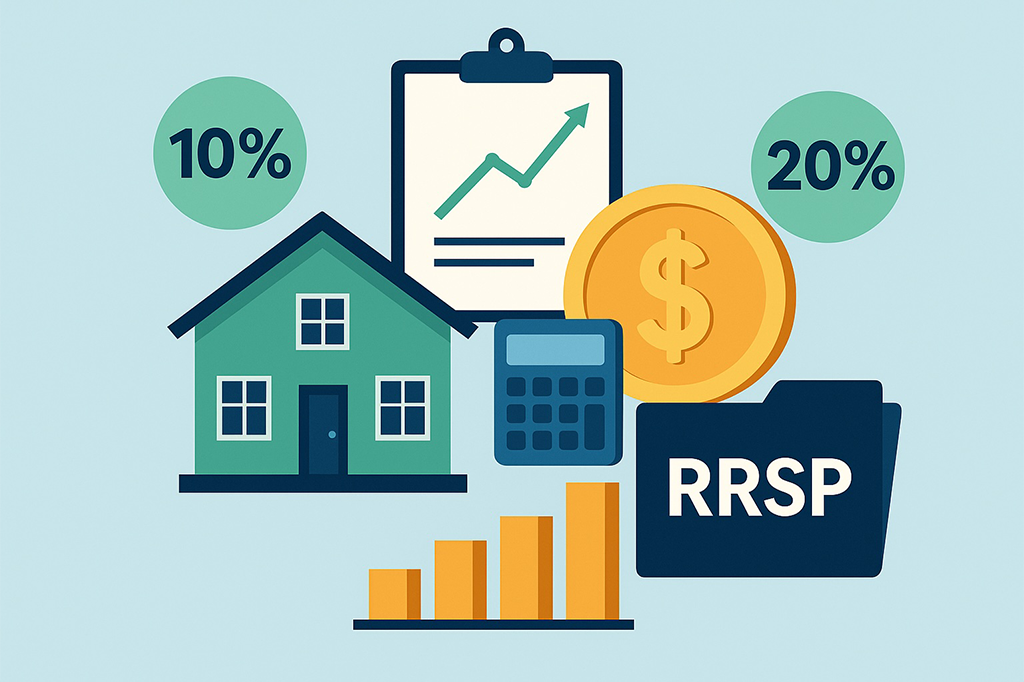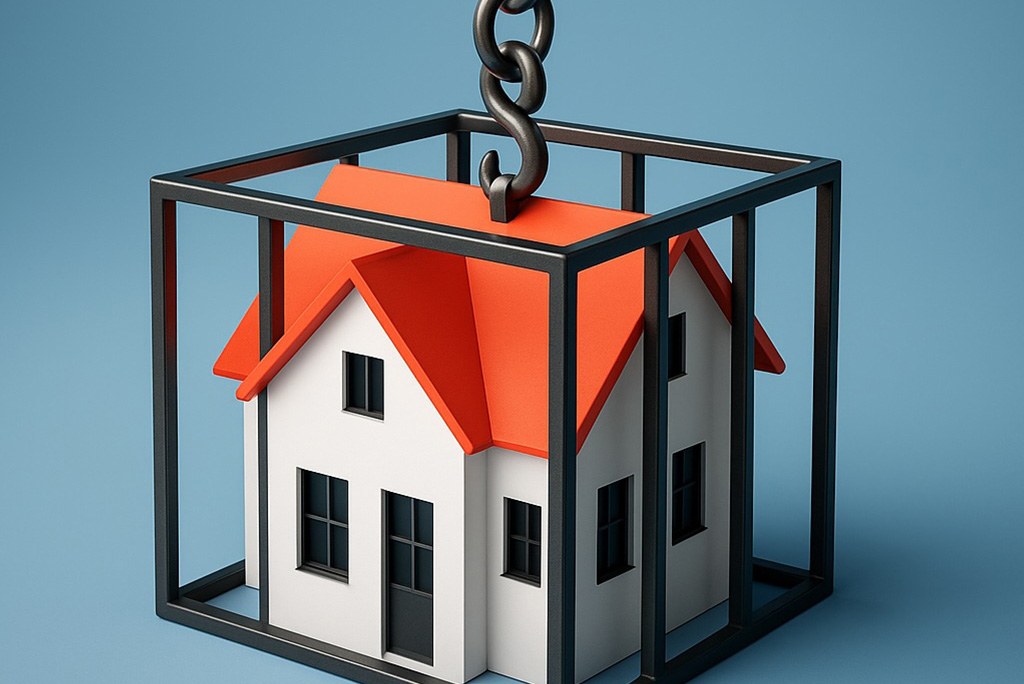Temporary residents or new permanent residents: everything you need to know about buying property in Quebec
Introduction
Settling in Quebec is an exciting journey, but navigating the real estate market as a newcomer can be challenging. At Hypotheques.ca, we’ve supported thousands of clients from around the world in their journey to homeownership. Whether you’re a temporary resident or newly permanent, it is entirely possible to buy a home or condo—even within the first few months of your arrival.
This guide aims to provide clear, reliable, and most importantly independent information so you can make informed decisions.
1. Can You Buy Property in Quebec as a Newcomer?
Yes, it’s possible!
Contrary to popular belief, you don’t need to be a Canadian citizen to become a homeowner. Even with a work permit or recent permanent residency, you can purchase property.
Key factors to consider:
- Your immigration status (work permit, Working Holiday Visa, Young Professionals program, open or closed permit, in some cases study permit, permanent residence [PR])
- Your current income in Canada (employment, business, or other sources like benefits, pensions, etc.). Foreign income may also be used under certain conditions—contact us to learn more.
- Your available savings (in Canada or your home country). Note that lenders require proof that these funds have been yours for at least 90 days.
- Your credit score and history, even if it’s just beginning.
Example: Océane arrived in Canada with a work permit three months ago. With 10% saved for a down payment and tailored planning, she started her buying journey. Brice has been in Canada just under a year and was able to purchase with a 5% down payment.
2. Building and Maintaining a Good Credit Report in Canada
Your credit report is crucial for getting financing. Even if you’ve just arrived, you can start building credit quickly.
Best practices:
- Get a Canadian credit card as soon as possible.
- Pay the full balance on time each month—or at least make the minimum payment to avoid a negative impact.
- Don’t max out your cards: try to keep your credit utilization below 50%. For example, with a $2,000 limit, avoid exceeding $1,000 in usage. You don’t need to pay off your card every week—what matters is staying on time and within that ratio.
- Two credit cards, or a card and a line of credit, or a card plus a car loan or lease can form a strong credit base. This builds positive financial habits. However, avoid making multiple credit applications in a short period, as it can lower your score. Most importantly, don’t cancel your first credit card to replace it with a new one. That first card often forms the foundation of your credit history—offering valuable stability (12–24 months). Canceling it resets your credit age, which can hurt the longevity and strength of your profile.
Tip: You can check your credit report for free at:
For more info, read: Understanding Your Credit Score as a Newcomer
3. How Much Does It Cost to Buy Property in Quebec?
The cost of buying real estate goes beyond the sticker price.
Costs to plan for:
- Down payment: minimum 5% to 10%, depending on your situation
- Notary fees: around $1,200 to $2,000
- Welcome tax (land transfer tax): use our calculator
- Home inspection: $500 to $800
- Mortgage broker fees: free for you—we’re paid by the lenders and stay fully independent.
Example: For a $350,000 home, plan for a minimum down payment of $17,500 + about $3,000 in extra costs.
4. What Type of Property Can You Buy?
Depending on your situation, you can purchase:
- A condo: usually more affordable, with condo fees
- A single-family home: more space, more responsibilities
- A duplex: can generate rental income
⚠️ Note: Triplexes are not allowed for temporary residents. Only permanent residents and Canadian citizens can purchase this type of property.
Pro tip:
Assess your short- and medium-term needs (space, kids, location, accessibility). Also consider resale value or rental potential if your situation changes.
5. How Does a Mortgage Work in Canada?
Key components:
- Lender: bank, credit union, private institution
- Amortization: total length of the loan (usually 25 to 30 years)
- Term: 1 to 10 years (the period during which your mortgage conditions remain fixed before renewal)
- Interest rate: fixed, variable, or capped variable (variable with fixed payments). With capped variable, rising rates extend the amortization rather than increasing your monthly payments.
Required documents:
- Proof of income (paystubs, employment letter, T4 slip, etc.)
- Proof of down payment (bank statements from Canada or your home country). Part of the funds can come from a gift from immediate family—this is accepted by many lenders.
- Identification
Good to know: Special programs exist for newcomers, even with limited Canadian credit history.
6. Why Work with an Experienced Mortgage Broker
Working with an experienced mortgage broker means getting expert, impartial advice focused on your goals. Unlike a bank advisor, a broker doesn’t represent a single lender. They work independently to help you find the best solution across multiple institutions.
Benefits of working with a broker:
- No fees for you: brokers are paid by the lender.
- Access to multiple banks and mortgage products: compare options transparently and choose based on what truly benefits you.
- No exclusive affiliations: no conflict of interest.
- Complete analysis: not just interest rates, but also conditions, penalties, flexibility, amortization, and more.
📍 Meet our brokers to learn how we can support your journey.
Bottom line: A broker helps you make more informed, customized decisions.
7. Work with Trusted Professionals
Working with an experienced mortgage broker helps you compare offers and boost your approval chances—especially when banks aren’t familiar with the reality of newcomers.
At Hypotheques.ca, we’ve guided thousands of clients with the same mission: to offer a human, transparent, and tailored experience.
Our team combines years of experience serving newcomers, allowing us to guide you with clarity and efficiency.
8. Start Preparing—Even if You’re Not Buying Yet
If your goal is to buy in a year or two, you can start laying the groundwork now:
- Open a bank account in Canada
- Start saving regularly
- Create a monthly budget
- Monitor your credit and learn how it works. Here are a few helpful links:
Conclusion: Owning Property in Quebec Is Possible
Buying property is achievable—even as a newcomer. With the right information, healthy financial habits, and personalized support, you can become a homeowner sooner than you think.
Reach out to us for a free, personalized consultation. Your project deserves expert guidance.

